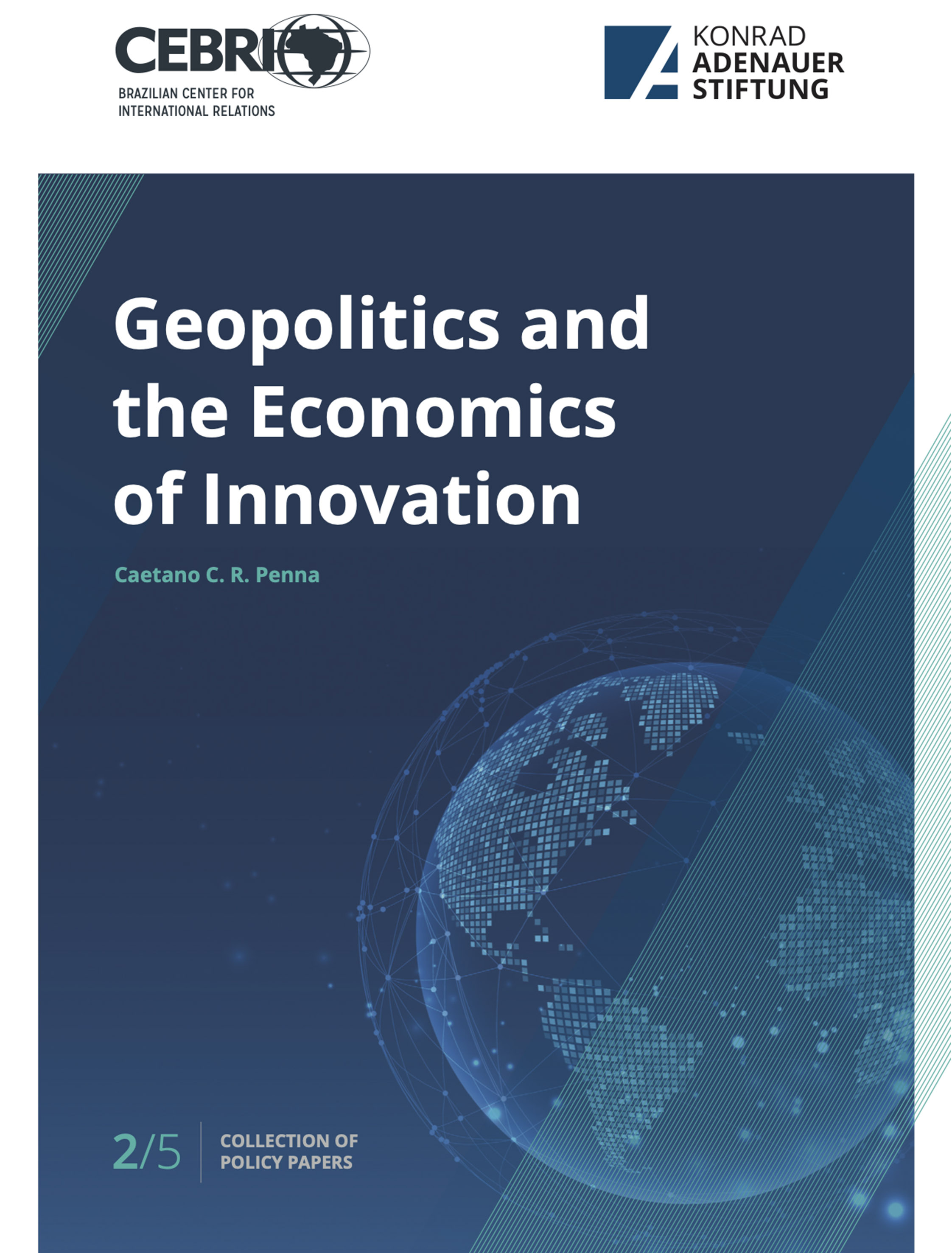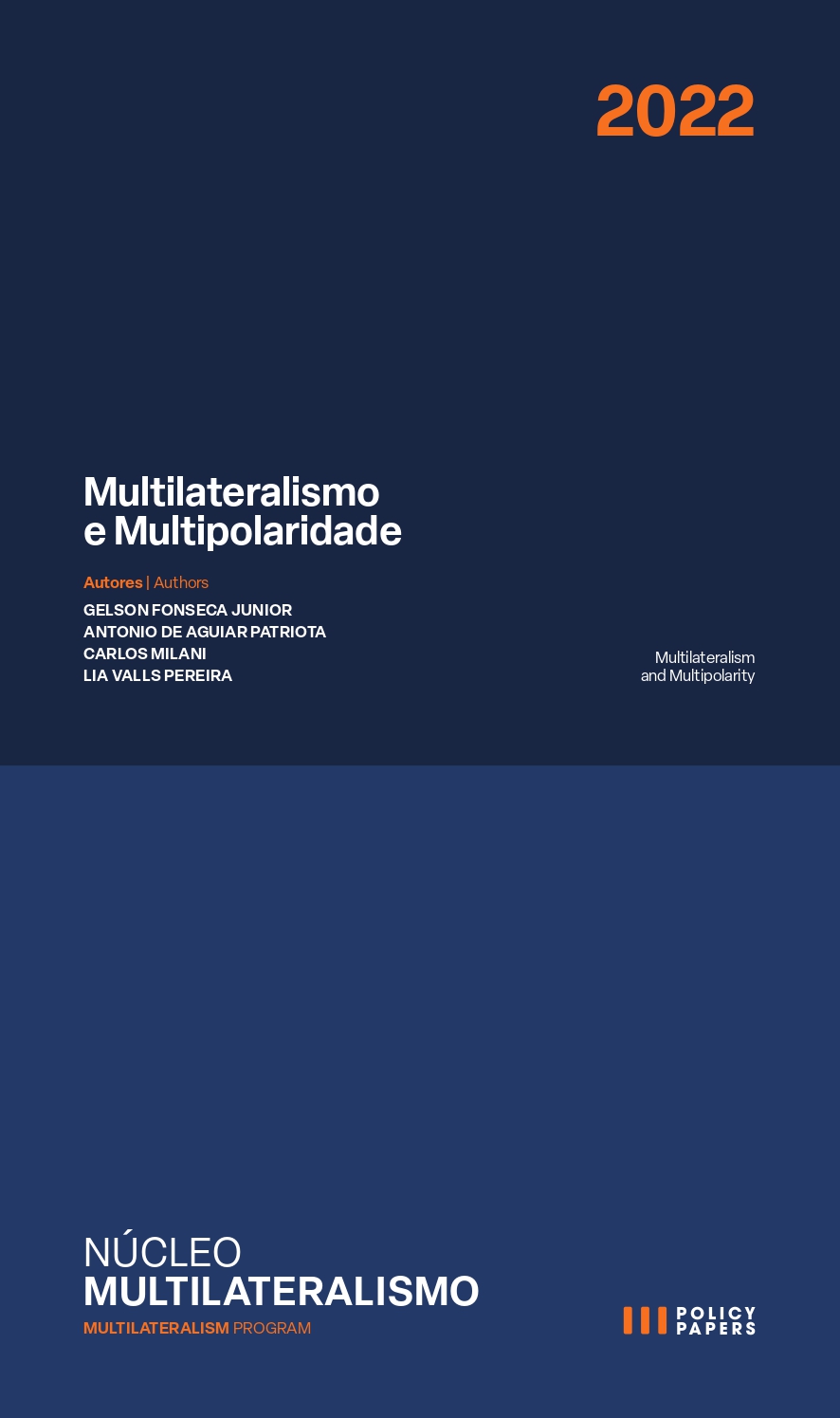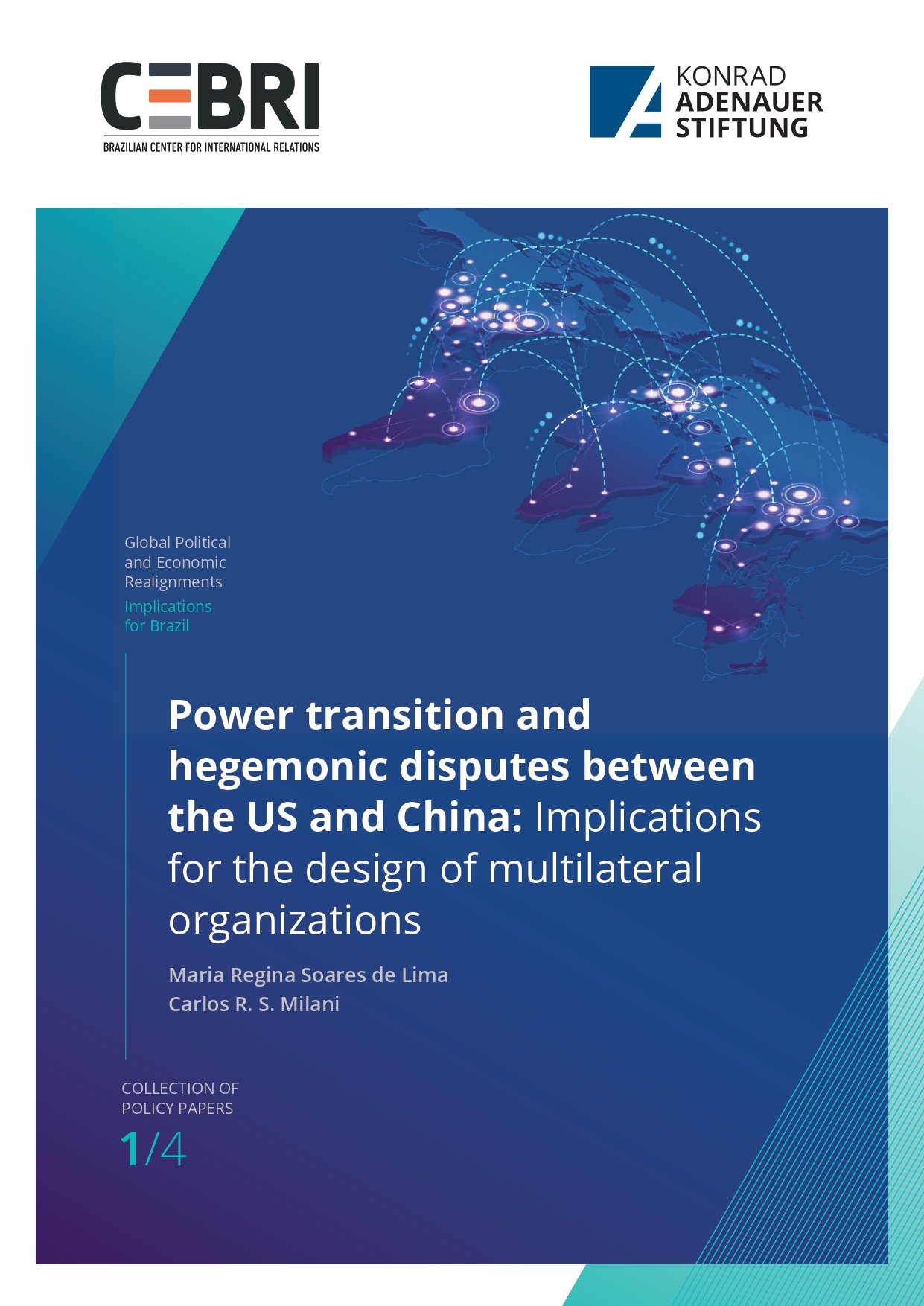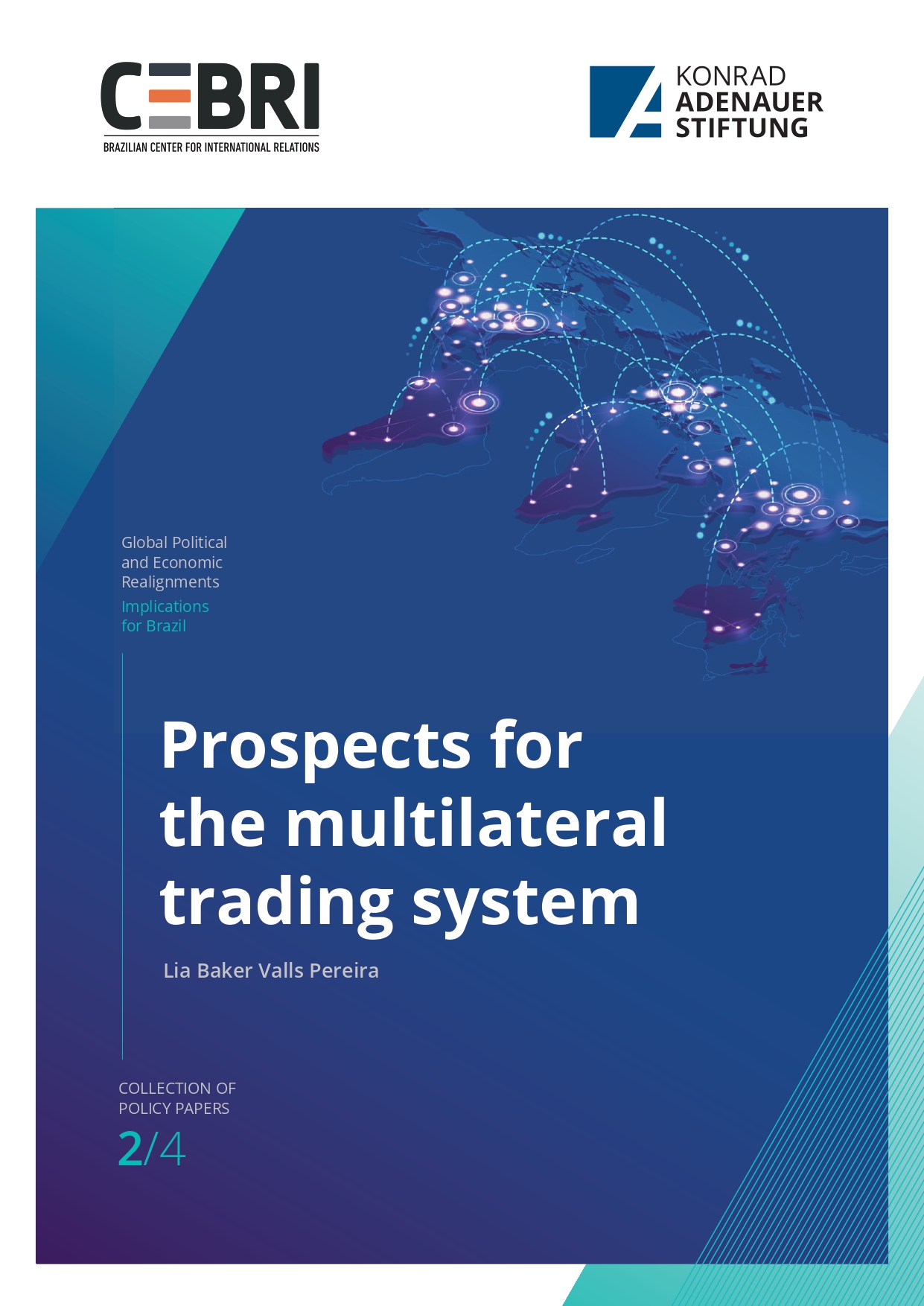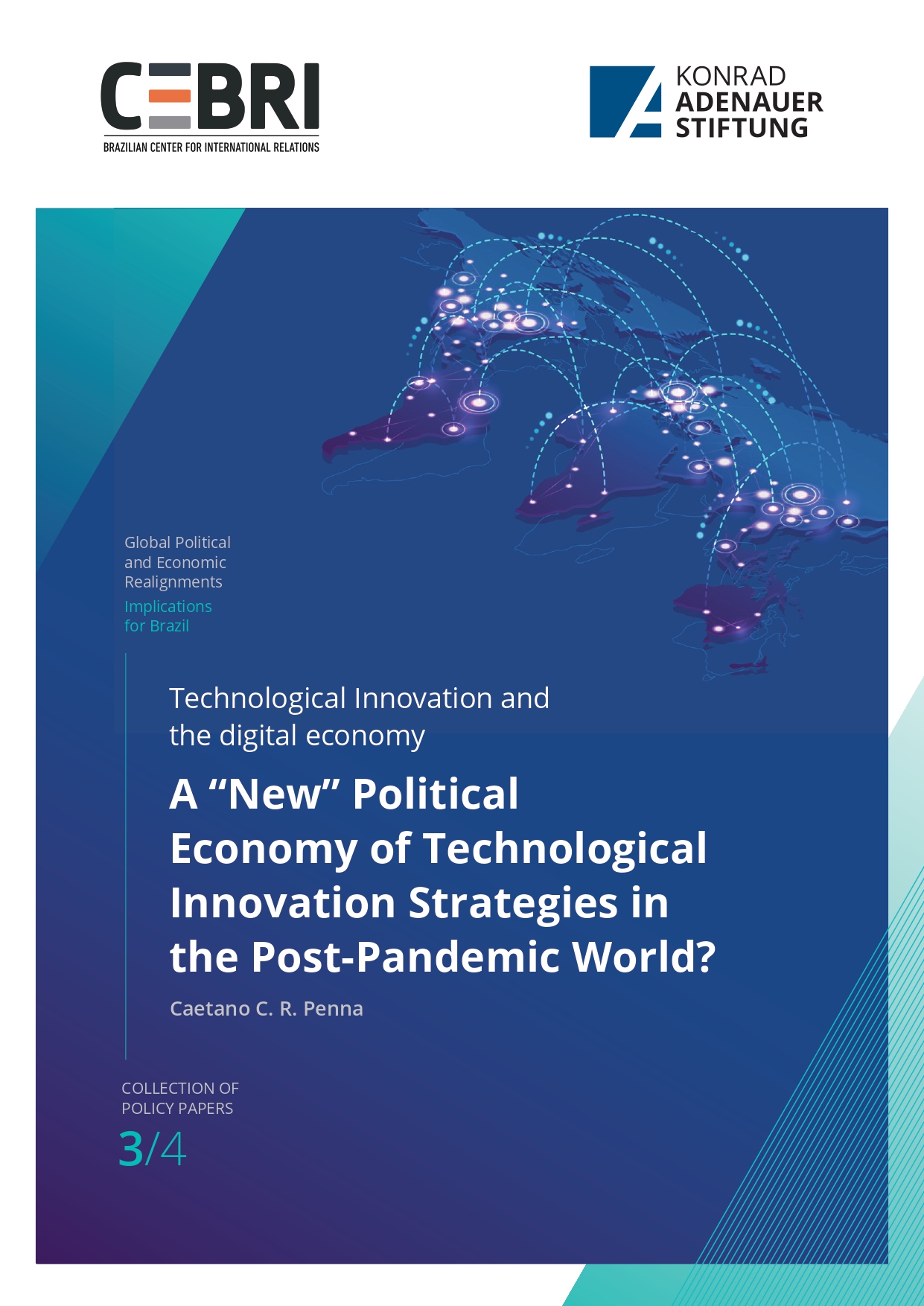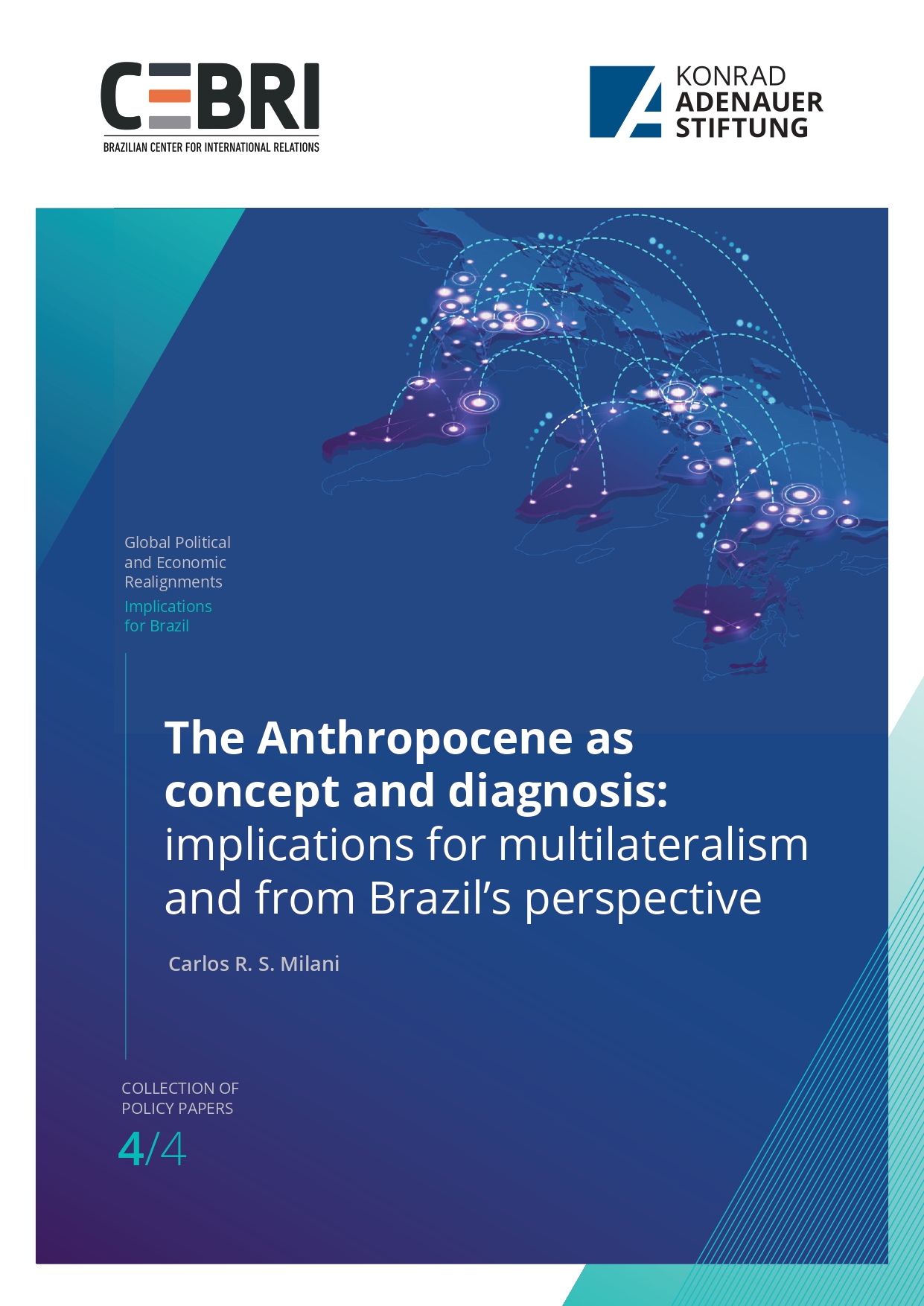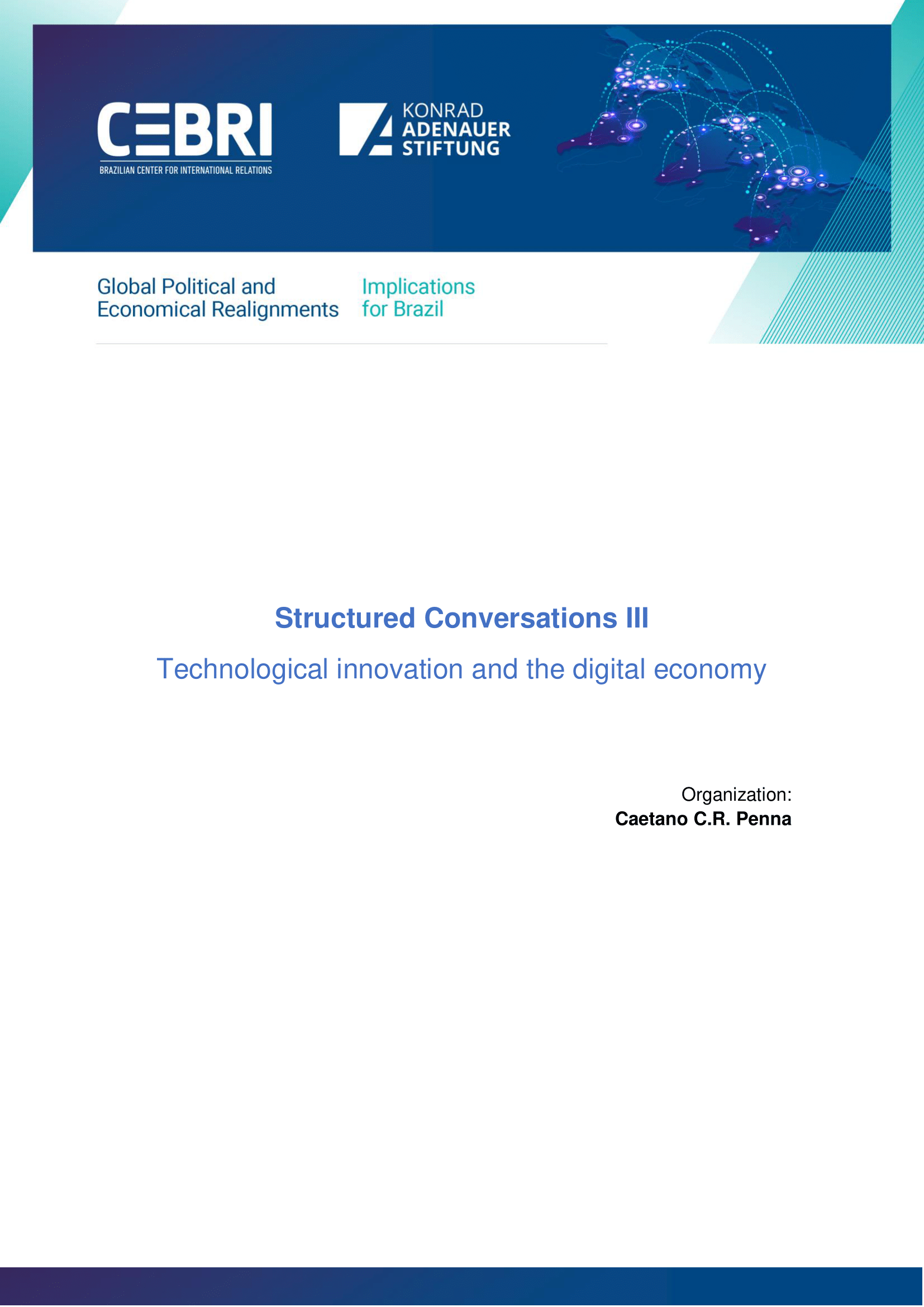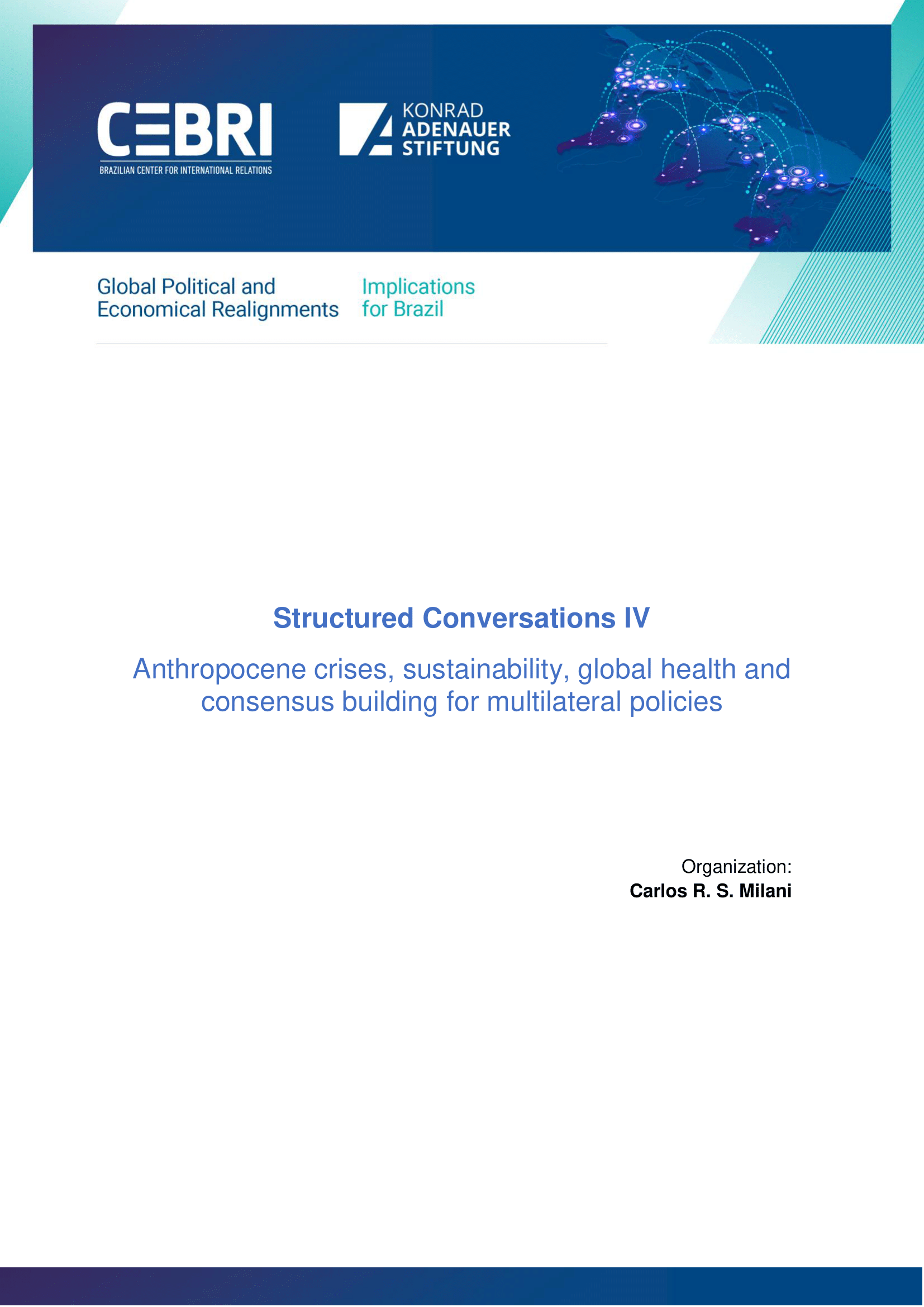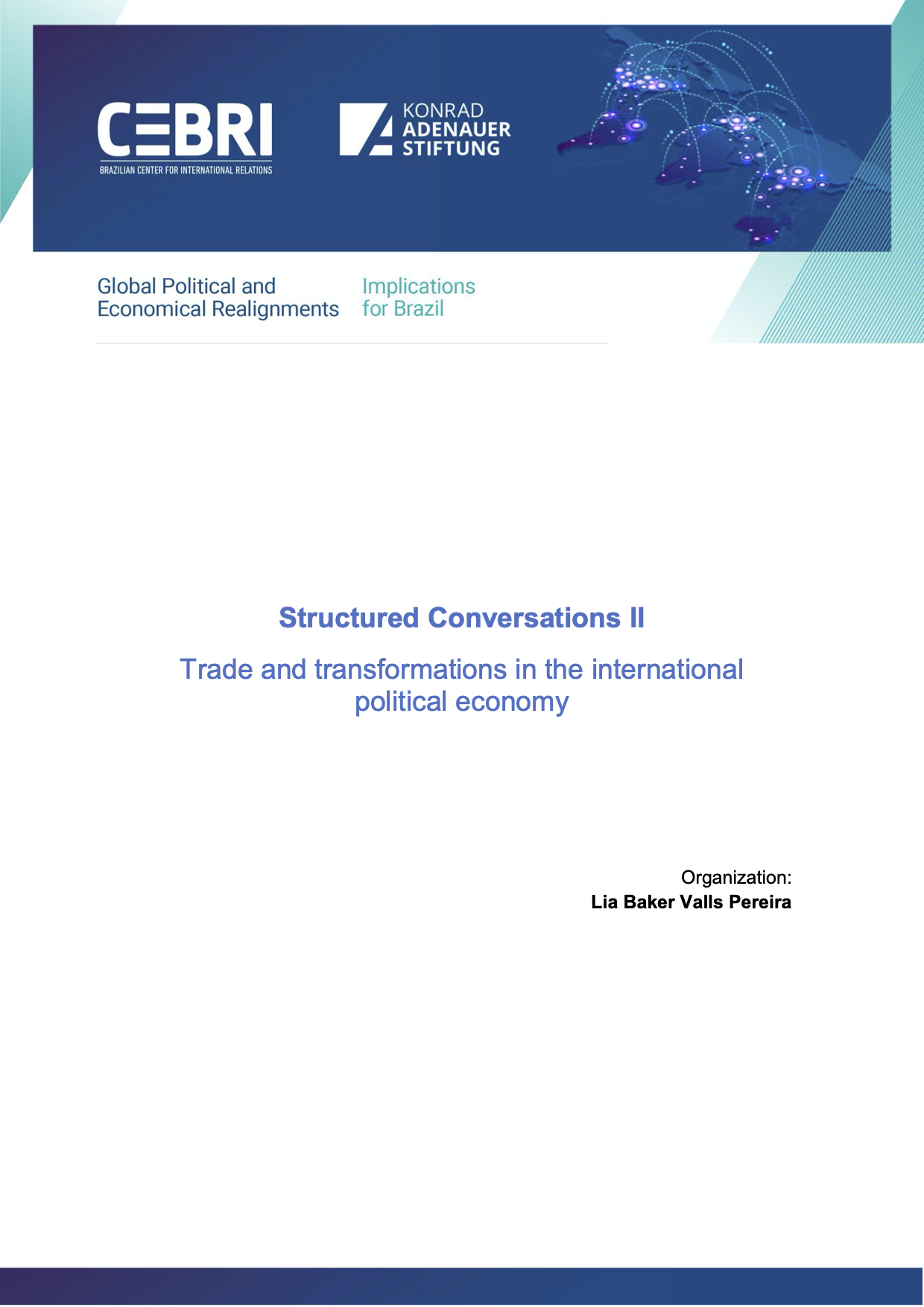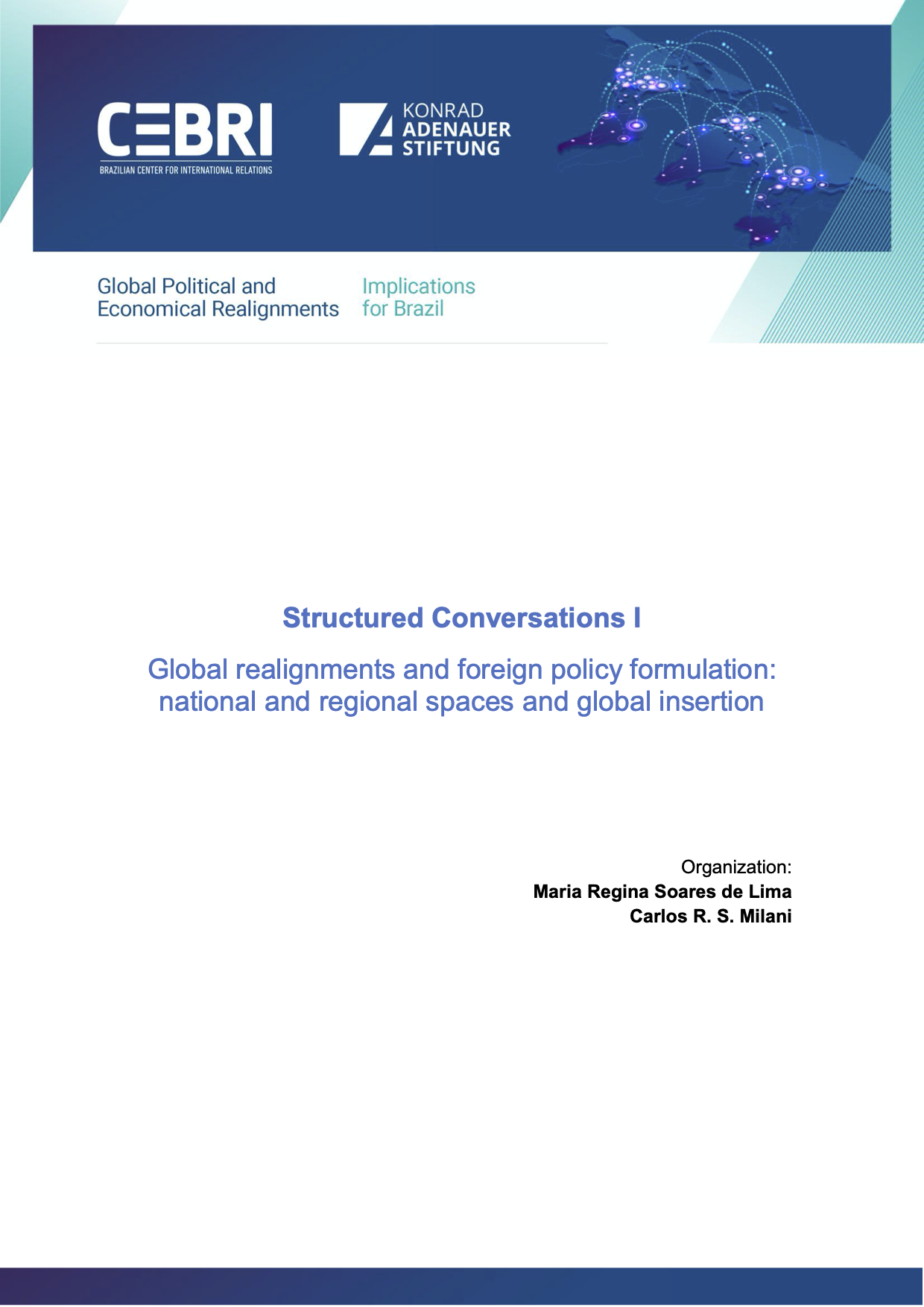International Politics: Reorientation of Multilateralism in partnership with the Konrad Adenauer Foundation.
Geopolitics and the Economics of Innovation
The techno-economic revolution brought about by the emergence and widespread diffusion of information and communication technologies is a reality at all levels of society: from individuals, through firms, to nation-states. Thus, the importance of technologies for the development of national economies is a fact that even neoclassical economists have come to accept, after an initial period in which technical change was left outside their models, in which only labor and (generic) "capital" were seen as sources of economic growth. Today we know that technological progress is the key to economic growth and development and, as such, more and more countries are investing in R&D (research and development).
As Caetano Penna points out, "competition among states and power issues are the root of such actions (R&D investment) - not purely economic motivations, such as pursuit of economic rents or market shares."
This policy paper seeks to highlight the importance of geopolitical motivations as underlying causes of technological development by analyzing the combination of classical geopolitics and international economics. In addition, the paper analyzes the increasingly open competition between the U.S. and China in these areas, how the Covid-19 pandemic has amplified current trends, the implication for Brazil and other emerging economies, as well as the geopolitical consequences of disruptive innovations.
International Politics: Reorientation of Multilateralism in partnership with the Konrad Adenauer Foundation.
Geopolitics and the Economics of Innovation
The techno-economic revolution brought about by the emergence and widespread diffusion of information and communication technologies is a reality at all levels of society: from individuals, through firms, to nation-states. Thus, the importance of technologies for the development of national economies is a fact that even neoclassical economists have come to accept, after an initial period in which technical change was left outside their models, in which only labor and (generic) "capital" were seen as sources of economic growth. Today we know that technological progress is the key to economic growth and development and, as such, more and more countries are investing in R&D (research and development).
As Caetano Penna points out, "competition among states and power issues are the root of such actions (R&D investment) - not purely economic motivations, such as pursuit of economic rents or market shares."
This policy paper seeks to highlight the importance of geopolitical motivations as underlying causes of technological development by analyzing the combination of classical geopolitics and international economics. In addition, the paper analyzes the increasingly open competition between the U.S. and China in these areas, how the Covid-19 pandemic has amplified current trends, the implication for Brazil and other emerging economies, as well as the geopolitical consequences of disruptive innovations.
